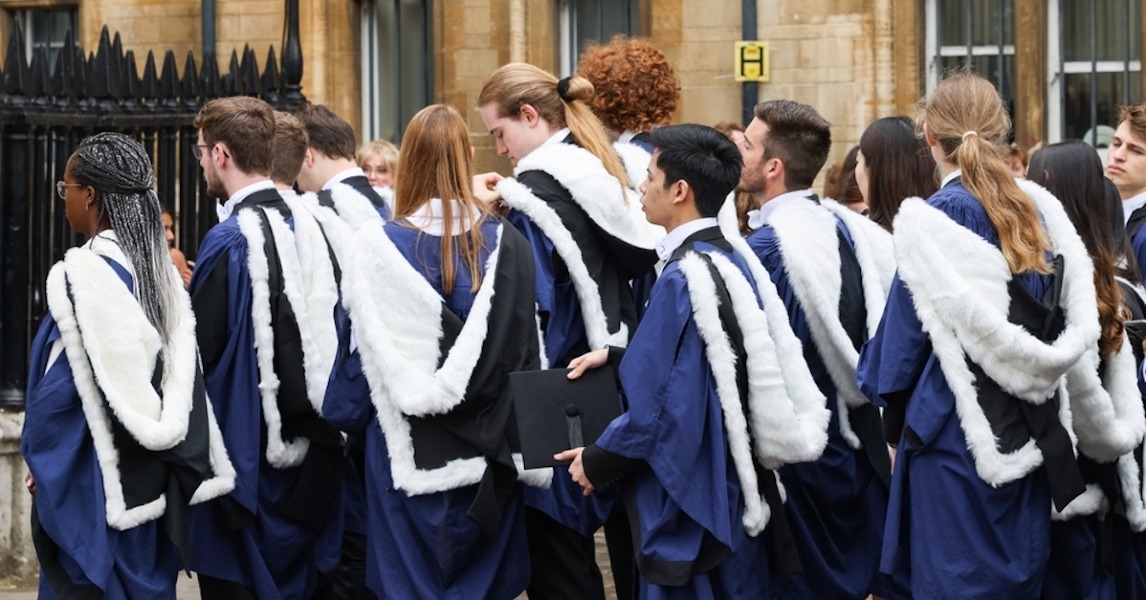Privately schooled students are facing setbacks in their applications to Oxford and Cambridge as the UK Government tells the top universities to reduce the number of students accepted from private schools, in favour of state- and home-educated applicants.
In the face of the recent "clampdown" by Oxbridge institutions on private school admissions, Ultra High Net Worth (UHNW) families are showcasing their resilience and adaptability by embracing homeschooling and private tutoring alternatives. Recognising the shifting educational landscape, we see families prioritising personalised and flexible learning experiences for their children.
UHNW families are choosing a proactive approach to ensure the continued academic success of their children. Tutors International founder, Adam Caller, has noted:
“Where an education at Eton might have been seen as an almost failsafe route into Oxbridge by some parents, they’re now facing the reality that it’s actually become a hindrance to acceptance at top universities. We’re getting more requests for afterschool and weekend tutors to support a state school education and for full-time private tutors - because homeschooling falls under a separate, under-represented, category in the admissions criteria.”
Navigating Change
With elite institutions facing pressure to diversify student demographics, UHNW families are taking charge of their children's education. By opting for full-time homeschooling, or part-time private tuition to support a state school education, they are not only ensuring continuity in academic excellence but also customising curricula to suit individual learning styles.
Flexible Learning Environments
Private tuition provides UHNW families with the flexibility to tailor educational experiences to the unique needs and interests of each student. This adaptability allows for a more comprehensive exploration of subjects and the integration of real-world experiences into the learning process.
Innovative Approaches to Education
In response to the evolving landscape, UHNW families are tapping into a wealth of educational resources, including specialised tutors, cutting-edge technology, and curated learning programs. These approaches not only match the academic rigour associated with Oxbridge admissions but also foster a holistic development that goes beyond traditional classroom settings.
The UK’s “private school penalty”
As part of an effort to improve social mobility in the UK, the UK government has requested that the country's top universities, such as Oxford and Cambridge, reduce the number of students they accept from private schools.
According to a report by the Sutton Trust, a charity that works to improve social mobility, only 7% of students at Oxford and Cambridge universities come from state schools. This is despite the fact that state schools educate 93% of all students in the UK.
Some people believe that reducing the number of students accepted into top universities from private school - and increasing the number from state school - will level the playing field.
For proportional representation, you’re looking at a target of 90% of undergrads coming from state schools. What it’s really doing is penalising the brightest of our private school students, who will find it nine times harder to secure a place at Oxford or Cambridge than before. What was incredibly stiff competition has been made even more so.
We've noted a significant rise in the number of requests from parents who want to find ways to avoid the private school penalty - including a state school education with significant support from part-time private tutors and for full-time private tuition:
Most families don’t choose private tuition because their end goal is Oxford or Cambridge. But now that we’re seeing discrimination against privately schooled students, parents are looking towards full-time home tutoring or state-school-plus-private-tuition for a first-class education without the penalties.

